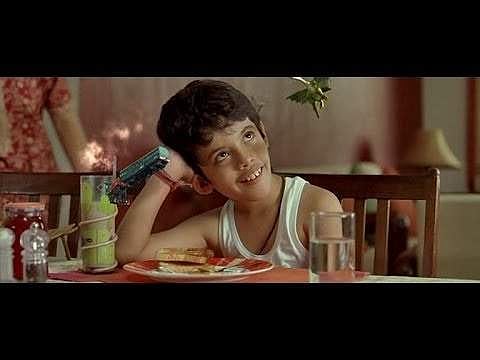

Dyslexia is, while now spoken of, still a foreign concept to many. While a good chunk of the world still believes it to be flying words and floating numbers, thanks Taare Zameen Par, Express brings you the opinion of experts teaching as well as counselling dyslexic children on World Dyslexia Day, observed today; October 5. According to them, parents going into a state of denial is the first major challenge that they face.
Explaining that dyslexia is a kind of learning disorder characterised by difficulty in reading, which is the most common of all learning disorders, experts averred that dyslexic children ought to be integrated with kids in the mainstream so as not to alienate them.
Here are some characteristics common in children with Dyslexia:
- Possess high IQ, but do not perform well academically, especially in written schoolwork and tests
- Are generally bright, articulate and complex thinkers
-Have a tendency to mix up sounds in multi-syllabic words more often
-Have difficulty in learning the sounds of the letters of the alphabet, numbers, days of the week, colours, shapes, and how to spell and write their names
-Have difficulty in learning to say the letters of the alphabet or numbers in the correct order
-Have confusion with directions, for example, left/right, up/down, over/under, and now/later
-Have a tendency to lose track of time and 'zone out'
-Are talented in art, drama, music, sports, mechanics, and story-telling
V Padmavathy who has been running Thadaham Counselling and Dyslexia Learning Centre for the past nine years said parents need to be counselled to bring them out of their denial and to build confidence in them. “Otherwise, they will get into a negative mind-set and relate the dyslexia or any other learning disability to mental instability.”
Resonating with Padmavathy, Malarvizhi Lilly Grace who has been running Shammah Learning Centre for dyslexic children for seven years stated, “Parents' denial is the prime reason why all the children assessed and found to be dyslexic do not come back for special care and attention. Only a few come back. The denial of the parents adds pressure to the dyslexic children who are repeatedly told that they zzare lazy and that is why they do not perform well. This pushes the children into depression.”
Malarvizhi strongly believes that dyslexic children should not be segregated and that they should be integrated with the normal children. Otherwise, they will feel excluded.”
Many experts stressed that the involvement of parents was crucial for dyslexic children and that early intervention would reap better benefits. “It is only individual care and special training that can help dyslexic children overcome their learning disabilities,” echoed most of them.
